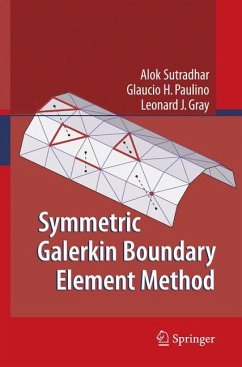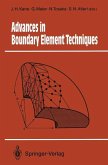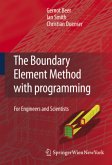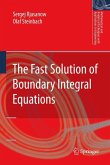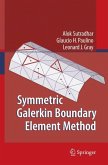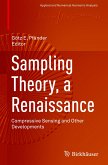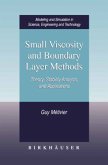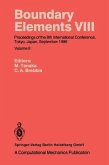Symmetric Galerkin Boundary Element Method presents an introduction as well as recent developments of this accurate, powerful, and versatile method. The formulation possesses the attractive feature of producing a symmetric coefficient matrix. In addition, the Galerkin approximation allows standard continuous elements to be used for evaluation of hypersingular integrals.
FEATURES
- Written in a form suitable for a graduate level textbook as well as a self-learning tutorial in the field.
- Covers applications in two-dimensional and three-dimensional problems of potential theory and elasticity. Additional basic topics involve axisymmetry, multi-zone and interface formulations. More advanced topics include fluid flow (wave breaking over a sloping beach), non-homogeneous media, functionally graded materials (FGMs), anisotropic elasticity, error estimation, adaptivity, and fracture mechanics.
- Presents integral equations as a basis for the formulation of general symmetric Galerkin boundary element methods and their corresponding numerical implementation.
- Designed to convey effective unified procedures for the treatment of singular and hypersingular integrals that naturally arise in the method. Symbolic codes using Maple® for singular-type integrations are provided and discussed in detail.
- The user-friendly adaptive computer code BEAN (Boundary Element ANalysis), fully written in Matlab®, is available as a companion to the text. The complete source code, including the graphical user-interface (GUI), can be downloaded from the web site http://www.ghpaulino.com/SGBEM_book. The source code can be used as the basis for building new applications, and should also function as an effective teaching tool. To facilitate the use of BEAN, a video tutorial and a library of practical examples are provided.
FEATURES
- Written in a form suitable for a graduate level textbook as well as a self-learning tutorial in the field.
- Covers applications in two-dimensional and three-dimensional problems of potential theory and elasticity. Additional basic topics involve axisymmetry, multi-zone and interface formulations. More advanced topics include fluid flow (wave breaking over a sloping beach), non-homogeneous media, functionally graded materials (FGMs), anisotropic elasticity, error estimation, adaptivity, and fracture mechanics.
- Presents integral equations as a basis for the formulation of general symmetric Galerkin boundary element methods and their corresponding numerical implementation.
- Designed to convey effective unified procedures for the treatment of singular and hypersingular integrals that naturally arise in the method. Symbolic codes using Maple® for singular-type integrations are provided and discussed in detail.
- The user-friendly adaptive computer code BEAN (Boundary Element ANalysis), fully written in Matlab®, is available as a companion to the text. The complete source code, including the graphical user-interface (GUI), can be downloaded from the web site http://www.ghpaulino.com/SGBEM_book. The source code can be used as the basis for building new applications, and should also function as an effective teaching tool. To facilitate the use of BEAN, a video tutorial and a library of practical examples are provided.

